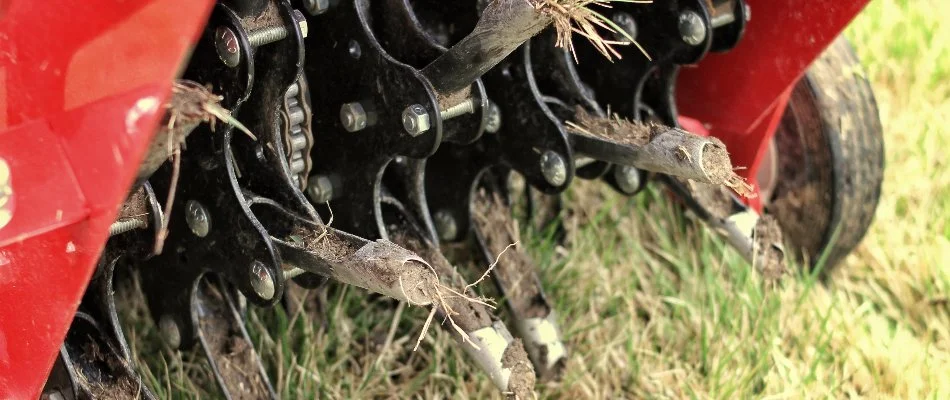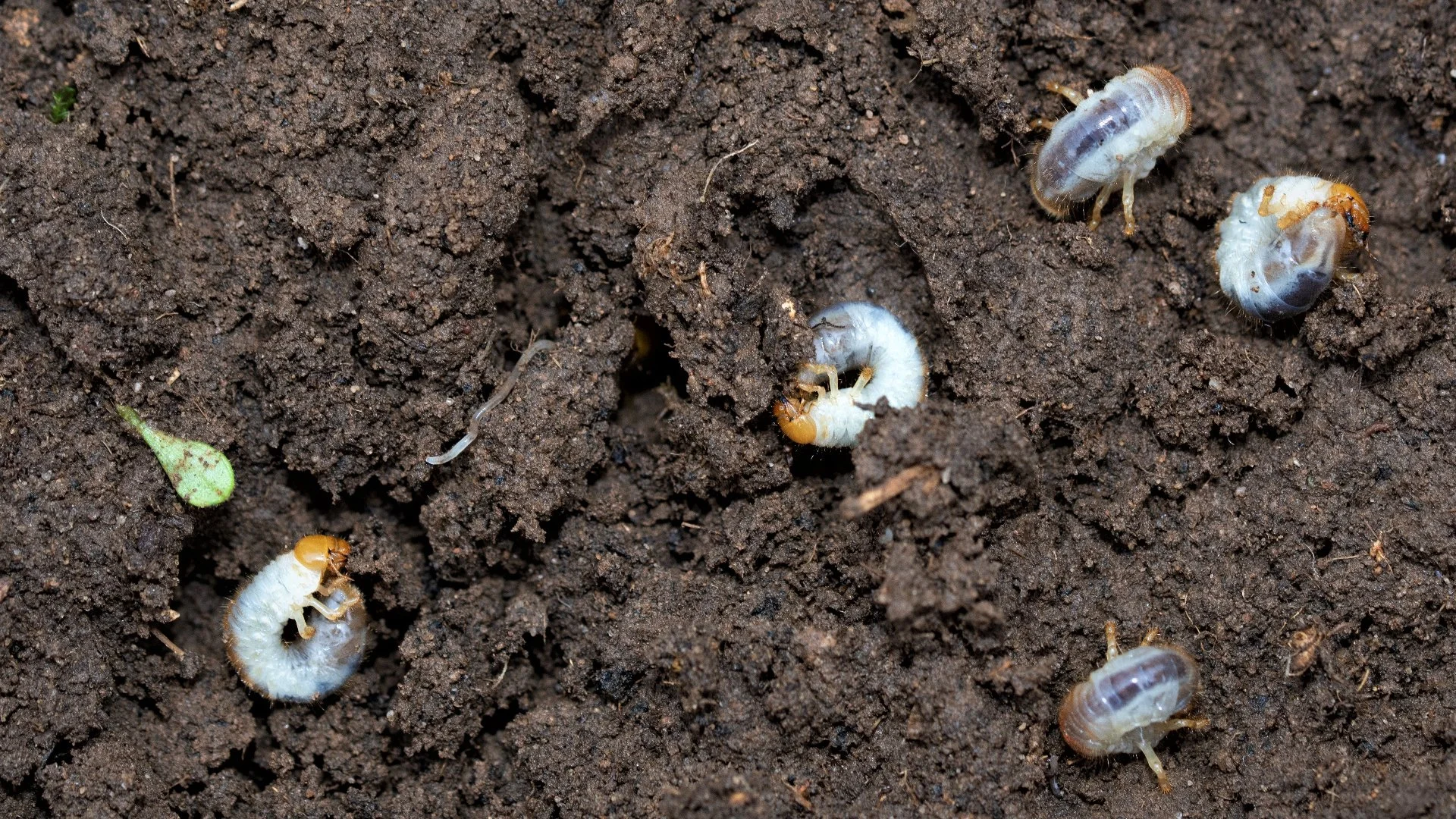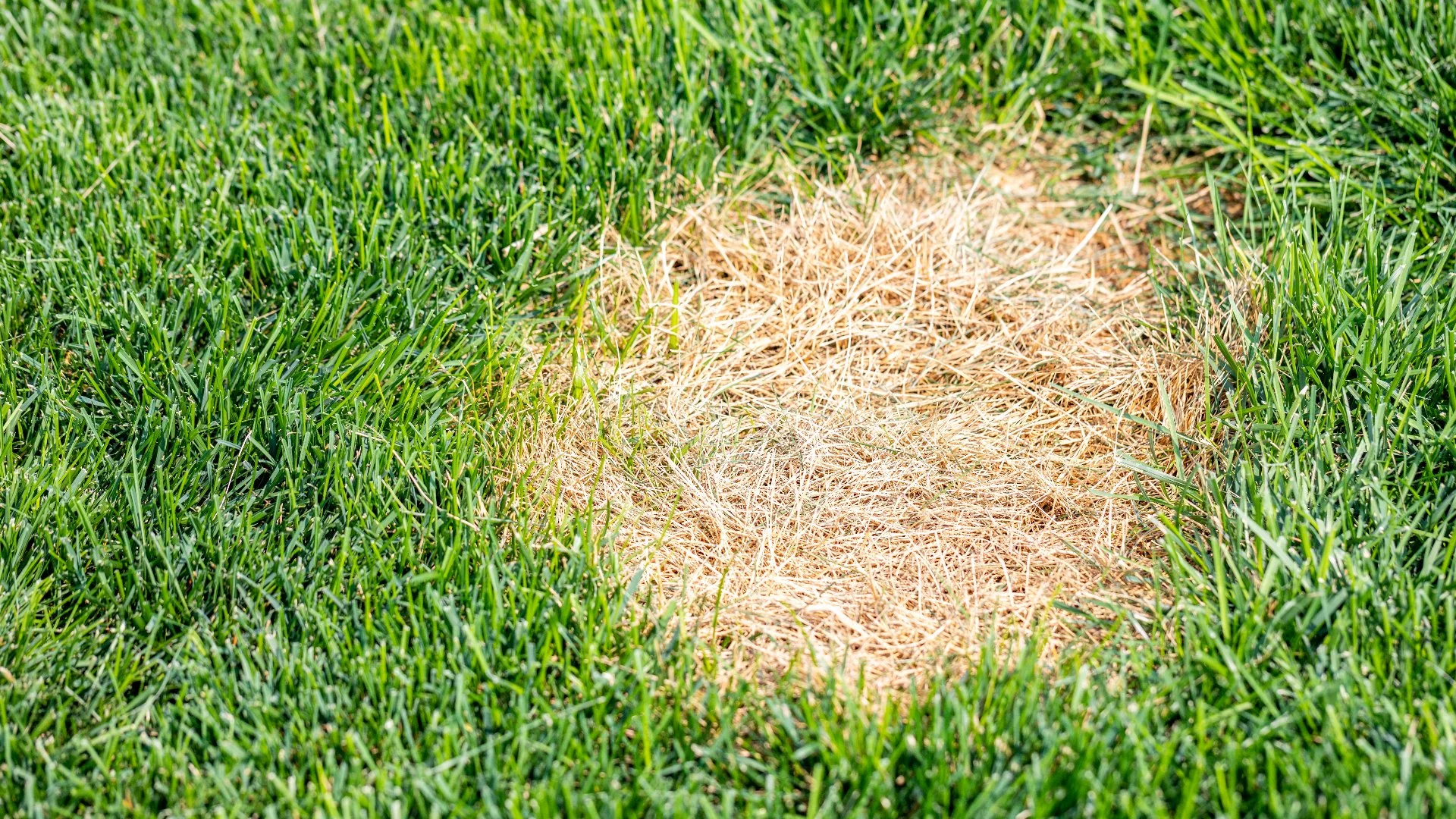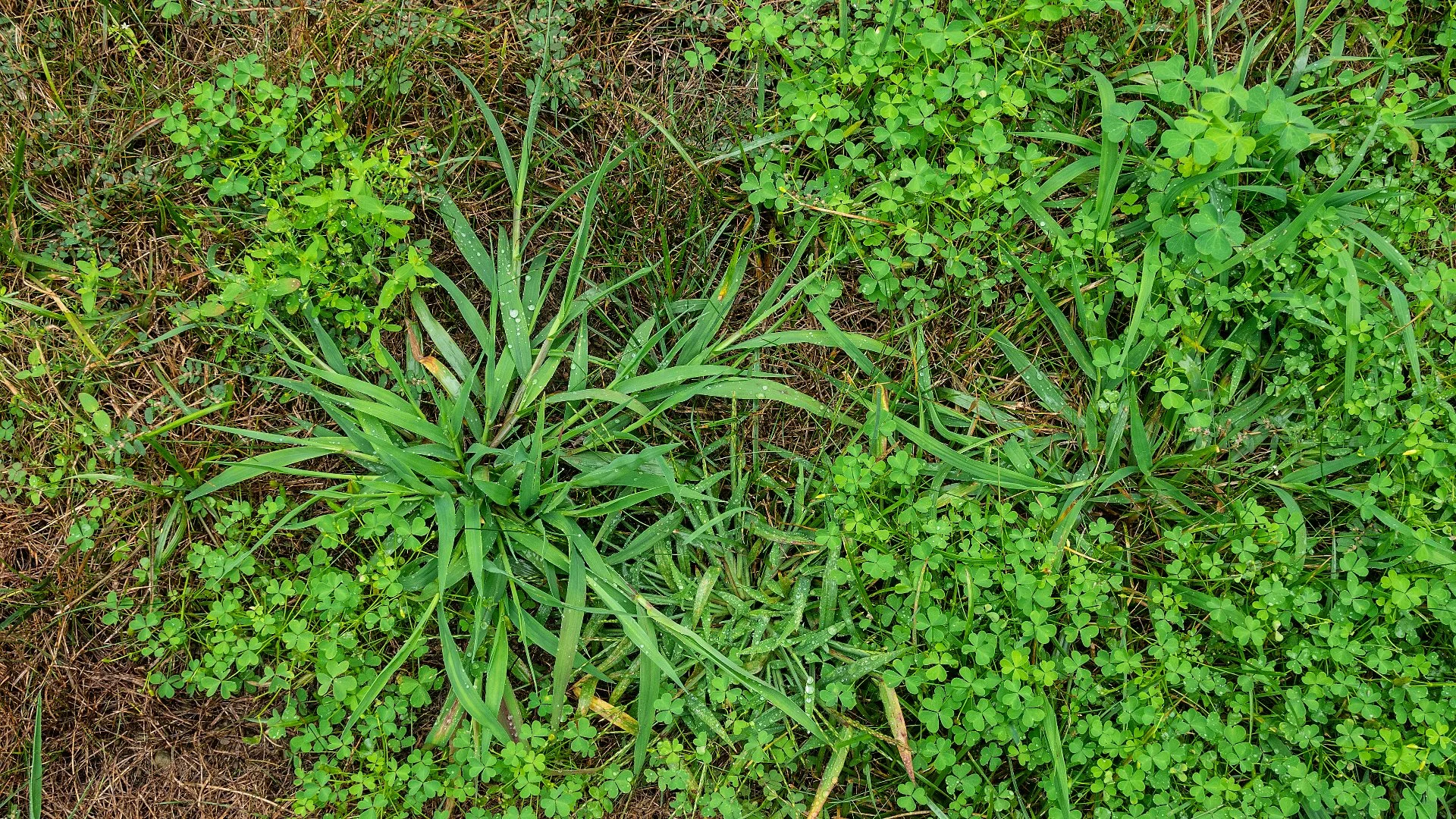Grubs are a nuisance for you and your lawn, causing severe damage to its roots in the wake of their feast. If you suspect your turf in Delaware or Pennsylvania is infested with grubs, you'll want to contact professionals as soon as possible. When you do, they'll inspect it to confirm the presence of an infestation before applying a highly effective curative treatment to eliminate it. Then, you should schedule lawn care services to help your turf recover from any damage it sustained, including fertilization, aeration, and overseeding. Additionally, if grubs infested this year, they'll likely be back, so it's best to get ahead of them before they cause problems again by investing in a preventative treatment next year.
If you think your lawn is infested with grubs, contact professionals immediately.
When dealing with a grub infestation, time is of the essence because these root-feeding pests can cause extensive damage to your lawn if left untreated. So, once you notice signs of grubs, you need to reach out to professionals immediately. When you do, they inspect your turf to confirm their presence. Then, they'll administer a curative grub control treatment to eliminate them so they can't continue to cause damage to your lawn.
Schedule Lawn Care Services to Help Your Grass Recover From Grub Damage

While curative grub control treatments will eliminate the grub infestation, they won't reverse any damage they already inflicted on your lawn. Fortunately, there are some lawn care services you can schedule to help your grass recover, including the following:
- Fertilization: Fertilization treatments provide your lawn with essential nutrients, which will encourage healthy growth and root development, plus promote its vibrant green color to help it bounce back after a grub infestation.
- Aeration: Aeration loosens up compacted soil and makes it easier for nutrients and resources like sunlight, water, and air to reach the roots of your grass. With improved access to everything it needs, your lawn can recover quicker after a grub infestation.
- Overseeding: Overseeding involves spreading seeds across your lawn to fill bare and patchy areas caused by grub damage with new, healthy grass. That way, it can become thicker and denser again.
Invest in Preventative Grub Control Next Year to Prevent Another Infestation
If your lawn was infested with grubs this year, they'll likely be back next year, too. Because of this, it's crucial to invest in preventative grub control treatments. These treatments work by establishing in the root zone, preventing grubs from feeding on the roots of your grass and causing problems in the first place. By stopping them before they ever have a chance to damage your lawn, you can save yourself the hassle of dealing with them again next year!
Call us today to sign up for our grub control service.
At Delaware Valley Turf, we offer a grub control service to make these root-feeding pests a problem of the past! Our team will apply our preventative treatments in July to get ahead of grubs before they hatch and prevent them from chewing through your turf's roots. If you're dealing with an existing infestation, then our curative treatments are just what you need to eradicate it. We also provide lawn care services, such as fertilization, aeration, and overseeding, to help your lawn recover and return to its former glory.
We offer our grub control service to property owners in Wilmington, DE, Doylestown, Bryn Mawr, and other nearby areas in Pennsylvania. Don't let grubs wreak havoc on your lawn - call us at (610) 328-4170 today to sign up!






Comments (0)
Thanks for your comment!
Thanks for your feedback! Your comments have been successfully submitted! Please note, all comments require admin approval prior to display.
Error submitting comment!
There is a problem with your comment, please see below and try again.